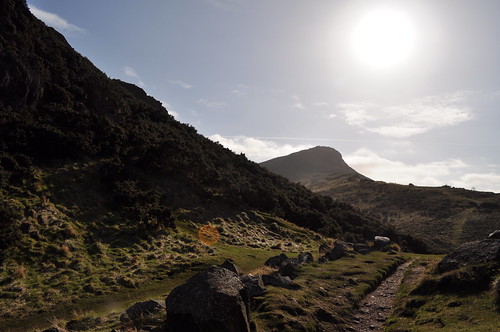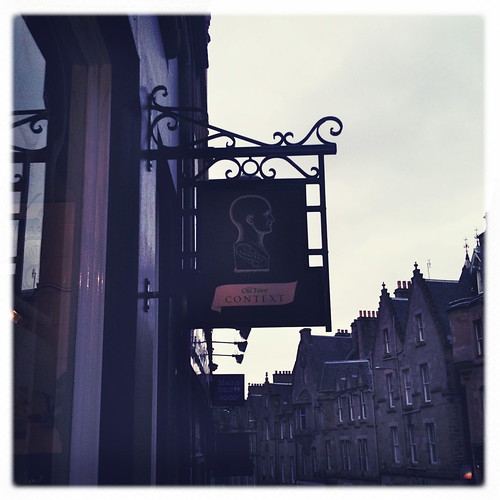I wrote about this research a few months ago, but Salon has an article on some really interesting research done in Edinburgh on the effects of walking on the brain.
In the study, subjects
began on a tree-lined shopping drag, turned along the tranquil northern edge of the Meadows, one of the city’s larger parks, and wound up in a busy commercial district some half-hour later. The pastoral section of an otherwise urban jaunt, the researchers found, induced a significant increase in meditative thinking…. Participants took their 25-minute walk with a web of electrodes [mobile electroencephalography (EEG) technology] glued to their scalps and a laptop computer in a backpack to record their neural impressions, step by step.
I have a chapter in The Distraction Addiction about restorative environments, and how they help you slow down and let your mind think more deeply. This book was finished before the Edinburgh work became public, otherwise I would have loved to have talked about it at length. (I really like Edinburgh.)
Indeed, there have been several recent studies of the restorative value of walking and vacations, and they broadly confirm the value that thinkers as different as psychologist Steven Kaplan, architect Rebecca Krinke, and philosophers going back to Augustine and the Parapatetics have attributed to walking. But this Edinburgh study is "one of the first — if not the first — experiments to record live neural impressions of subjects moving through a city," and that alone makes it worth noting.

